Why love matters: How affection shapes a baby’s brain
In Why Love Matters (2004) psychotherapist Sue Gerhardt covers a plethora of research on early parent-baby relationships, attachment, emotional and brain development in early life and how these are linked with adult physical, emotional, psychological and spiritual concerns. Gerhardt’s clinical practice and expertise stems from her many years of working with mothers and babies in private practice. Her solid argument, with research to back it up, is that children are best cared for in their early years by their parents because of the love they have for them. When separated from loving caregivers, even though babies may appear calm, their heart rate and autonomic arousal is sky rocketing. The exception to all of this is when the primary caregiver/s cannot provide ‘good enough’ parenting. She writes,
‘If we want to provide our children with good emotional foundations, in the form of a balanced stress response and good development of the pre-frontal cortex and other areas of the emotional brain, we have to think about what THEY need in the period when these emotion systems are developing. I think that infants need relationships that keep them in a reasonably stress-free state, with people who respond positively to them as potential, emerging personalities and pay attention to who they are becoming over time…attachment security takes time to develop, most of the first year, so it still brings us back to parental care for at least the first year unless things are not good at home’.
Attachment theory and the social brain
Attachment theory has been widely used in psychotherapy for over 50 years. Gerhardt’s research offers scientific evidence to back up Bowlby and Ainsworth’s attachment theories. Between them, ‘neuroscience, psychology, psychoanalysis and biochemistry are offering a deeper understanding of how human beings become human and how they learn to relate emotionally to others’ (2004, p.2).
Gerhardt argues that the social brain, our emotional style and resources are developing and established in the early years of life. ‘The social brain is the part of the brain which learns how to manage feelings in relation to others, as well as the development of our stress response, immune response and neurotransmitter systems which all affect our future emotional life’ (2004, p.3).
Gerhardt claims that the following experiences can have dire consequences on our overall wellbeing, our self-esteem/confidence/worth and our relationship with self and others:
- Physical, emotional, psychological, sexual or spiritual abuse
- Abandonment or neglect
- Physically or emotionally absent parents
- Styles of parenting such as critical parenting, having unrealistic expectations, eg. forced into independence too early, helicopter and co-dependent parenting
- Narcissistic parents, i.e. the parents’ feelings and needs are primary, not the child’s
The evidence that Gerhardt provides shows that the possible consequences of such experiences are attachment disturbances, psychosomatic illness, eating disorders, addiction, antisocial behaviour, attention deficit disorders, personality disorders, chronic stress, anxiety and depression (p.3). Linda Graham, MFT, in ‘The neuroscience of attachment’ writes, ‘when our early experiences have been less than optimal, unconscious patterns of attachment can continue to shape the perceptions and responses of the brain to new relational experiences in old ways’ (2008, p.1)
How psychotherapy can help
Gerhardt proposes that for those of us who have experienced disturbances in our early attachment relationships and family of history – through psychotherapy – we can indeed grow a socially and emotionally intelligent brain. She writes,
‘The missing experience of having feelings recognised and acknowledged by another person, particularly of having strong feelings tolerated by another person is provided by the therapist…slowly through these types of experiences with a psychotherapist, a new muscle develops, an ability to be heard and to listen, to listen and be heard…Psychotherapy offers a change to rework the emotional strategies… but, it takes time to establish new networks in the brain.’ (2004, p.205)
In conjunction with Gerhardt’s work, there is an amounting base of evidence showing that through psychotherapy and in particular, via the therapist showing us empathic love, compassion, emotional presence and acceptance, we can go a long way in healing from our past suffering, old wounds and traumas. Increasingly, neuroscience is speaking of ‘the shaping physiological force of love, finding that ‘attachment relationships’ and ‘limbic resonance with significant others shape the neural core of the self’ (Lewis, Amin and Lannon, 2001; Seil 1999, cited in Firman & Gila, 2010, p. 2).
Psychotherapy is often mistakenly seen as a place whereby we get ‘analysed’. In my personal and professional experience, psychotherapy is primarily about building a healthy relationship with all of the parts of our ‘self’ and with others. It is important though that we choose a therapist who is able to love us unconditionally. The therapist must also be able to work at depth not only attached to certain techniques or models aimed at changing behaviours.
Alongside psychotherapy, Graham suggests that we also need to hang out with other healthy brains. For example: self-help groups, yoga or meditation classes, personal growth workshops and at expressive arts, dance and movement classes.
This research is important because it shows us that through psychotherapy
- We can ‘create new patterns of neural circuitry, pathways and networks that can allow us to relate, moment by moment, in new healthier, more resilient ways’ (Graham, 2008, p.2)
- We can learn to soothe the part of us that feels unsoothable
- We can gain a sense of connection to self and other
- We can heal insecure attachment styles, fostering healthy relationships
- We can rebuild, self-esteem, self-confidence and self-worth
- We can have emotional balance and emotional intelligence
- We can learn new tools in therapy such as mindfulness which can help us manage stress, regulate emotions and foster empathy for self and other
- We can heal our inner child through visualisation and other therapeutic techniques
- We can provide healthy mirroring and ‘good enough’ parenting to our children
- We can see our children’s needs as an extension of our own
- We can make conscious choices about the best care possible for our children
NB. This research is not about blaming mothers, parents or primary caregivers. It is highlighting through neuroscientific evidence, the impact that early attachment relationships have on our children’s wellbeing. Gerhardt talks about the policy implications of this research, one of the major ones being more support for mothers/parents/primary caregivers.

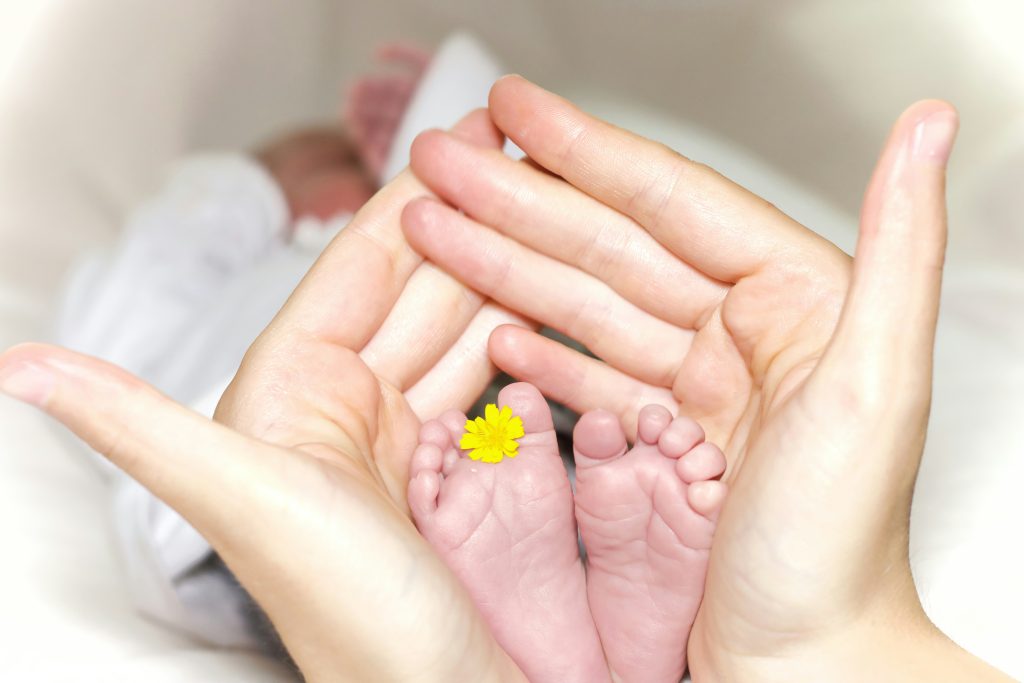
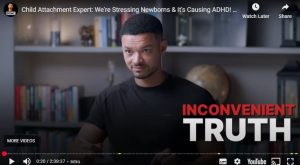
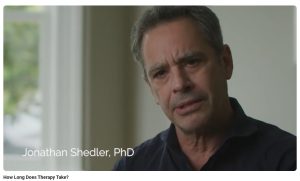

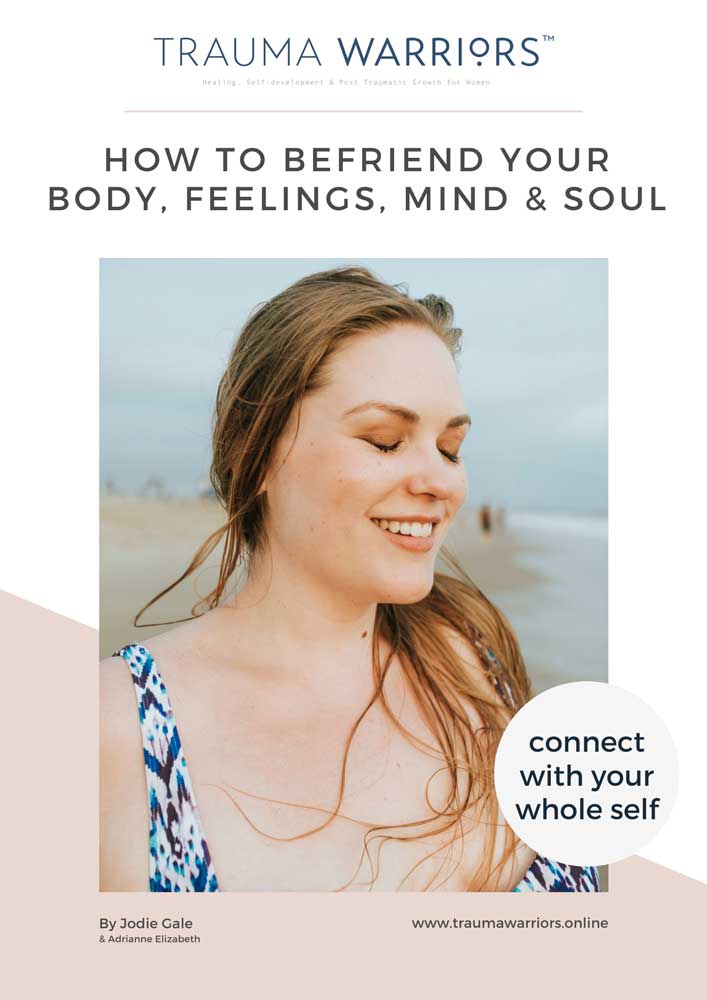


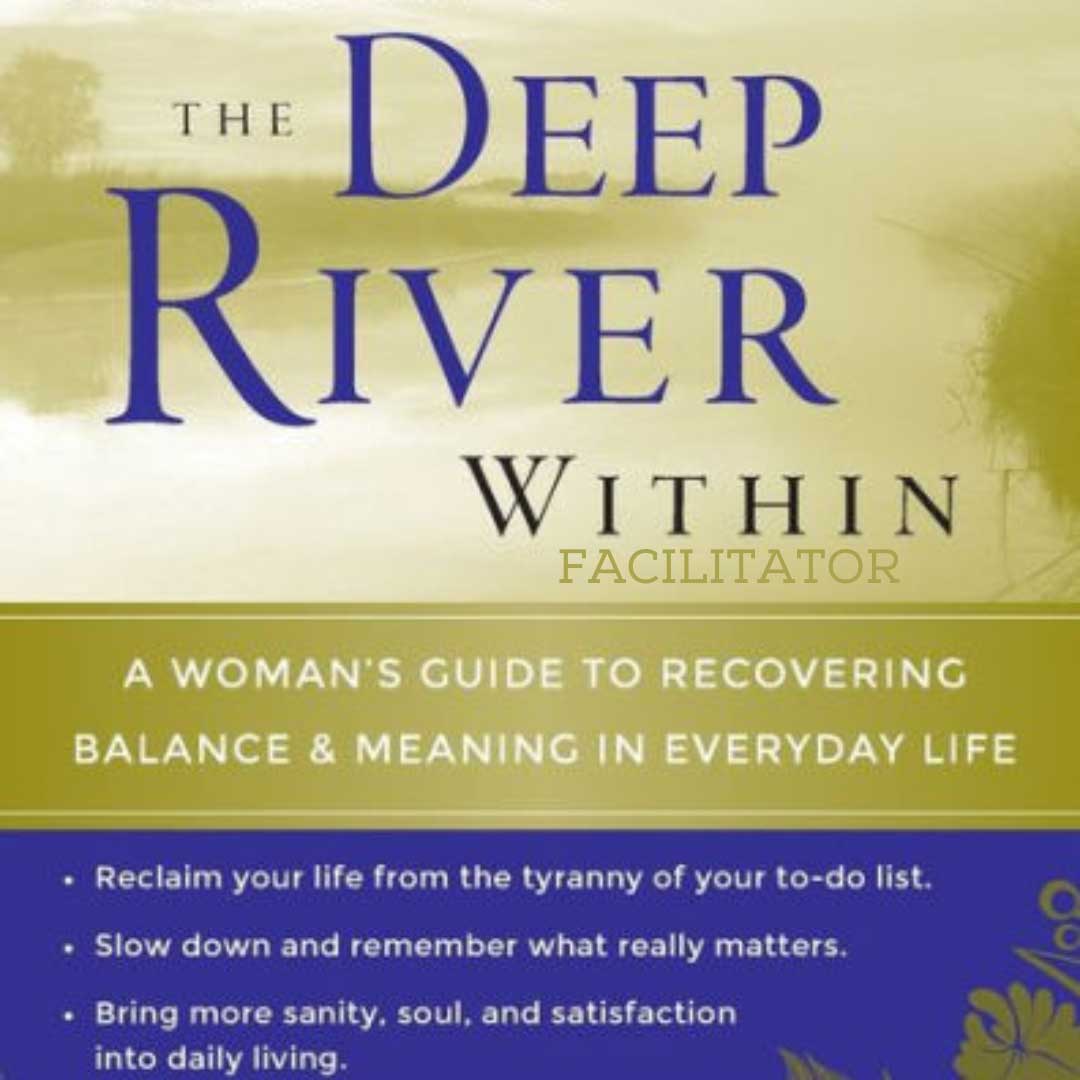
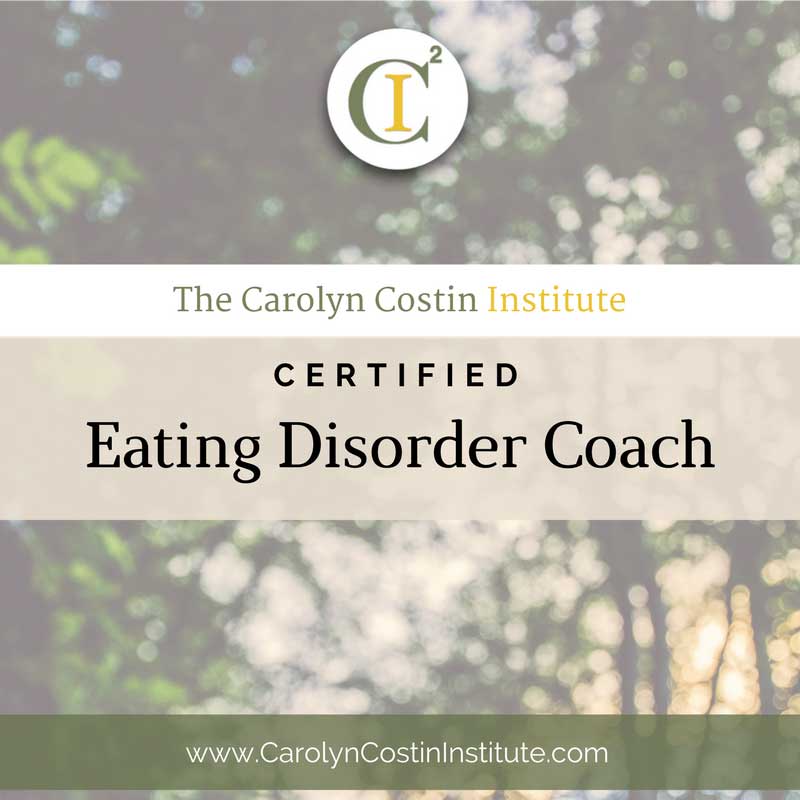
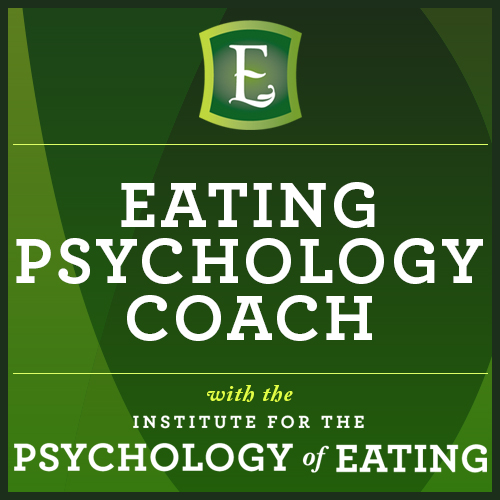
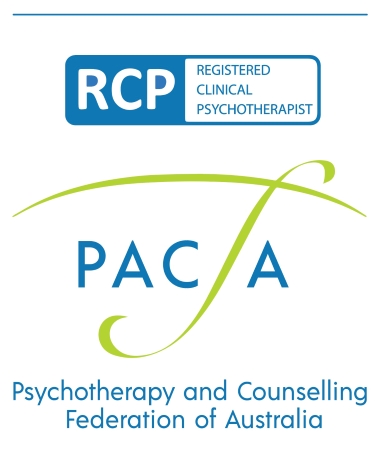
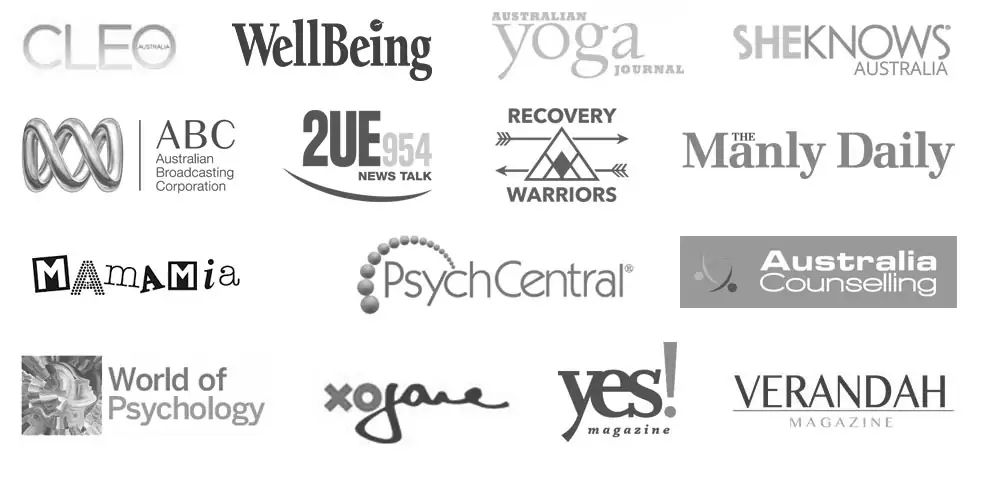
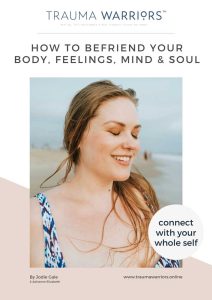
2 Responses
Great title Jodie!
And thank you for noting that in order to help our children to develop secure attachments (which promote a confident and rewarding interaction style as adults) we need to be thinking about what THEY need at that point in their development.
Three cheers!
thanks for your feedback Cheri 🙂